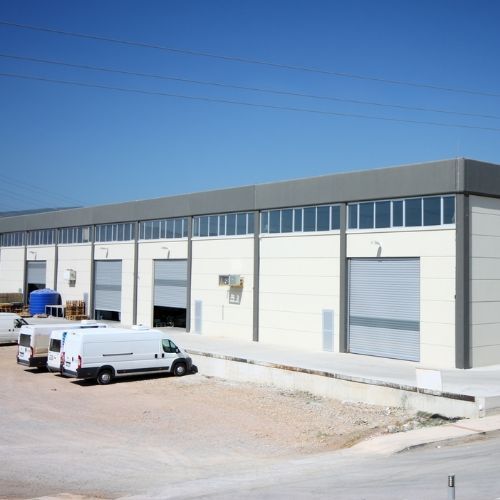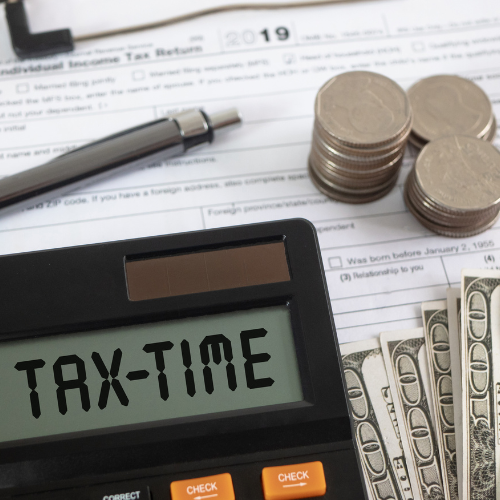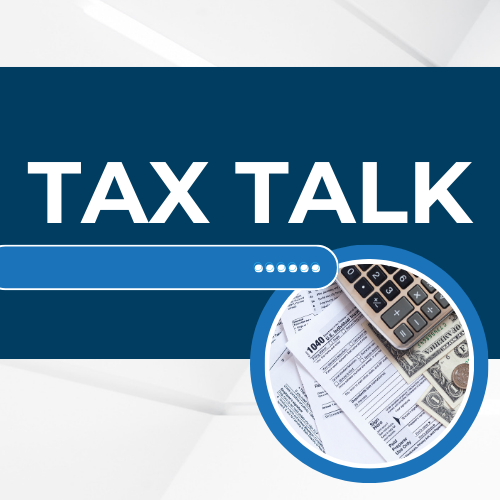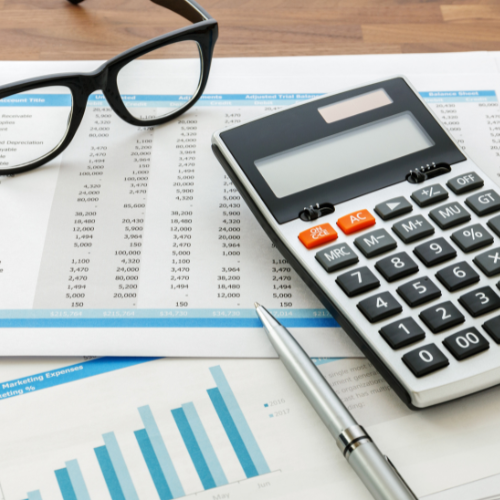Maximizing Returns: The Benefits of Depreciation
Maximizing Returns: The Benefits of Claiming Depreciation Expenses
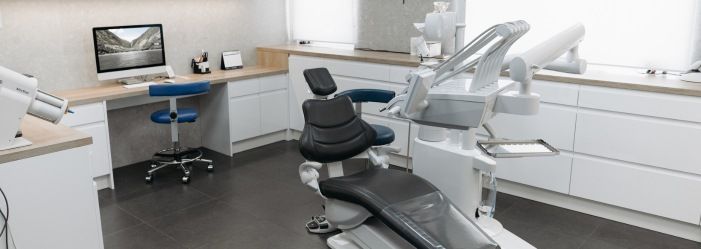
Savvy business owners understand the importance of leveraging every available deduction. One often-overlooked yet powerful tool is claiming a depreciation expense. We'll explore the benefits of incorporating depreciation into your tax strategy, helping you maximize returns and keep more of your hard-earned money.
Preserving Cash Flow:
Depreciation allows businesses to allocate the cost of an asset over its useful life rather than taking the entire expense upfront. This allocation helps preserve cash flow, making it an effective tool for businesses to manage their financial resources more efficiently.
Reducing Taxable Income:
By claiming depreciation, businesses can reduce their taxable income. The depreciation expense is deducted from the company's revenue, effectively lowering the amount subject to taxation. This reduction in taxable income can lead to substantial savings, allowing businesses to reinvest funds into operations, expansion, or other strategic initiatives.
Extending Asset Lifespan:
Assets, such as equipment, machinery, or property, naturally wear down over time. Depreciation reflects this wear and tear, acknowledging that assets have a limited useful life. This aligns with the economic reality of the assets and allows businesses to allocate costs over the expected lifespan, promoting accurate financial reporting.
Encouraging Capital Investments:
Depreciation can serve as an incentive for businesses to invest in capital assets. Knowing that they can recoup a portion of the asset's cost over time through depreciation deductions may encourage businesses to make necessary investments in equipment or technology, fostering growth and competitiveness.
Enhancing Profitability:
As depreciation lowers taxable income, businesses may find that their reported profits are more reflective of their operational performance. This can positively impact financial ratios and key performance indicators, presenting a more accurate picture of the business's profitability.
Strategic Tax Planning:
Depreciation provides an avenue for strategic tax planning. By carefully considering depreciation methods and schedules, businesses can optimize their tax position. Consulting with a tax professional can help tailor a depreciation strategy to align with the business's specific financial goals.
Compliance with Tax Laws:
Claiming a depreciation expense is not just a strategy for maximizing returns; it's also a requirement for businesses that own depreciable assets. Understanding and complying with depreciation rules ensures that businesses stay on the right side of tax regulations, avoiding potential penalties or audits.
Investor Appeal:
Businesses that strategically use depreciation may present a more attractive proposition to investors. By managing taxable income effectively, a company can enhance its financial health on paper, potentially attracting investors who value sound financial management practices.
In the realm of tax planning, claiming a depreciation expense is a valuable tool that can significantly impact a business's financial health. From preserving cash flow and reducing taxable income to encouraging investments and enhancing profitability, the benefits of depreciation extend beyond tax season. As businesses navigate the complexities of depreciation, working with financial professionals can help optimize strategies, ensuring that the full advantages of this deduction are realized. By incorporating depreciation into your tax planning toolkit, you can take a proactive step towards financial efficiency and long-term success.
Quick Links
Contact Information
Business Hours
- Mon - Fri
- -
- Sat - Sun
- Closed


